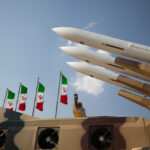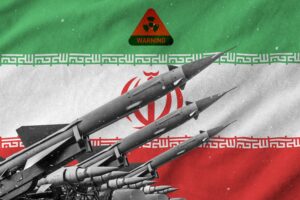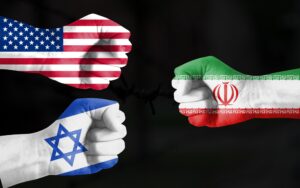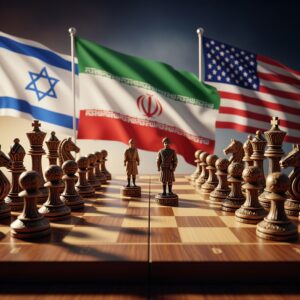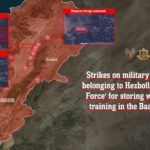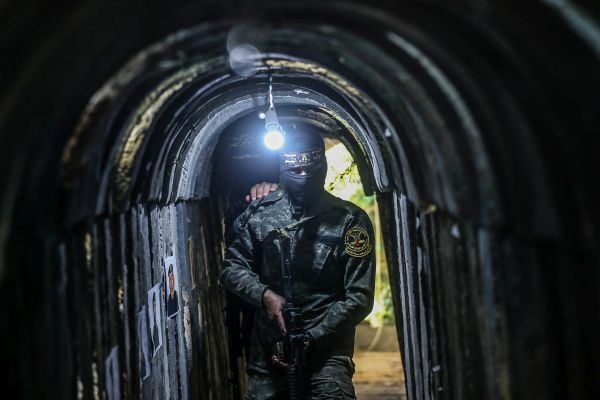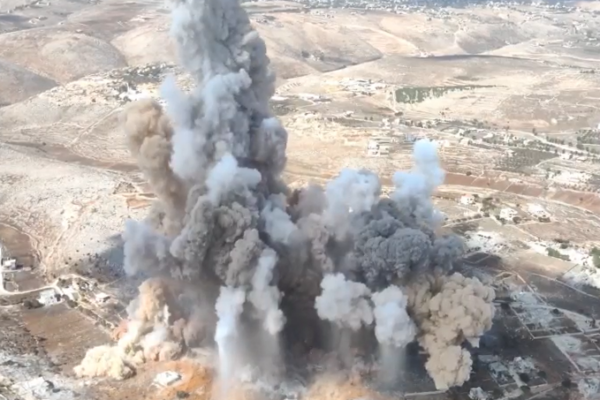Flotillas like the Global Sumud, backed by Hamas-linked networks, are designed to portray Israel as a pariah state.
Hezy Laing
While the physical side of terrorism gets the most headlines, the psychological effects are no less powerful.
Psychological warfare against Israel is a deliberate and multifaceted strategy employed by hostile states and non-state actors—especially Iran, Hamas, Hezbollah, and increasingly the Houthis—to destabilize Israeli society, erode morale, and manipulate global perception.
It operates across military, digital, and cultural domains, often blending propaganda with real-world threats.
1. Terror as Spectacle – Groups like Hamas and Hezbollah stage attacks not only for tactical gain but to maximize psychological impact. The October 7 massacre was designed to shock, demoralize, and provoke internal division. The use of body cameras, livestreams, and graphic footage amplified trauma far beyond the battlefield.
2. Drone and Rocket Saturation – Frequent, unpredictable attacks—like daily drone incursions from Egypt or Houthi missile launches from Yemen—create a climate of constant anxiety. Even when intercepted, the psychological toll of sirens, lockdowns, and uncertainty is profound, especially in border communities.
3. Disinformation and Digital Manipulation – Iranian and Palestinian cyber units flood social media with fake news, deepfakes, and coordinated hashtags to distort facts and sow confusion. During wartime, false casualty reports or fabricated IDF atrocities are circulated to undermine trust in Israeli institutions and provoke international condemnation.
4. International Delegitimization Campaigns – Flotillas like the Global Sumud Flotilla, backed by Hamas-linked networks, are designed to portray Israel as a pariah state. These campaigns use symbolic figures, media spectacles, and legal provocations to isolate Israel diplomatically and morally.
5. Psychological Targeting of Soldiers and Families – Hezbollah and Hamas have sent personalized threats to IDF soldiers and their families via hacked phones and social media. These messages often include real names, addresses, and fabricated claims of betrayal or abandonment, aiming to fracture unit cohesion and morale.
6. Exploiting Internal Divisions – Adversaries amplify Israel’s internal political tensions—such as debates over judicial reform or religious-secular divides—by funding NGOs, media outlets, and online influencers who push divisive narratives. The goal is to weaken national unity and distract from external threats.
7. Cultural and Religious Provocations – Attacks timed around Jewish holidays, desecration of religious symbols, and incendiary rhetoric about Jerusalem are used to provoke emotional responses and deepen societal trauma.
Psychological warfare against Israel is not just about fear—it’s about strategic manipulation of perception, both inside the country and abroad. It’s a battle for the mind, fought with drones, hashtags, and headlines as much as with rockets and rifles.














